Accelerating the Green Shift: Saying ‘no’ to fossil fuels, and ‘hello’ to biomethane
Soaring energy costs and the climate crisis are combining to accelerate the green shift — the migration to renewable energy to reduce our dependency on fossil fuels — and contribute to both climate and sustainable development goals.
Green shift as a way out of the gas shortage
Much of the world is facing a dual challenge; tackling the climate crisis and securing supply. For many countries, energy infrastructure is designed for gaseous fuels such as natural gas, and this cannot be quickly or easily changed. The cost of energy is bound to increase as existing sources become unavailable.1
Recent research by the World Biogas Association (WBA)2 has indicated that annually human activity generates over 105 billion tonnes of organic wastes, which emit methane. By recycling these organic wastes, the WBA claims, the biogas industry can enable countries to deliver a 10% reduction in worldwide greenhouse gas emissions by 2030.
Part of the solution could be the production of biomethane — upgraded biogas, produced from agricultural, municipal, and industrial organic waste.
Currently, according to European Biogas Association (EBA)3, biomethane, or renewable natural gas, is already over 30% cheaper than natural gas. In recent weeks the cost of gas has continued to increase and in the current uncertain political situation further increases cannot be ruled out.
The shift to biomethane needs clear political support
Since current gas infrastructure can transport biomethane, it’s a question of increasing production. The confidence to invest in biogas and biomethane on the scale needed will only materialize after clear political support. This is especially true in Europe, where the EU produces today less than 15% of its own gas demand. Yet by 2050 the biomethane industry could cover 30-40% of the overall gas demand of the EU.
Making the investment pay off
Subsidies are already on their way out, and biomethane will have to be commercially viable on its own. This is where Vaisala can help, as our specialty is ensuring profitable production through robust, reliable and continuous measurement data.
The award-winning Vaisala MGP261 is the first ever three-in-one instrument to measure methane, CO2 and humidity in situ in the raw biogas stream. Similarly, the Vaisala MGP262 for offgas methane & CO2 measurement is the one-stop measurement tool to avoiding and limiting harmful, and costly methane slip to the atmosphere.
Together, these monitoring instruments for biogas and biomethane provide crucial measurement data needed to make better-informed decisions and guide the biomethane production processes.
The end result? A renewable energy source with more stable production, with lower wastage and with increased profitability.
References:
1) European Commission Press release, Mar 10, 2022 "REPowerEU: Joint European action for more affordable, secure and sustainable energy"
2) WBA Report, Mar 29, 2021: "Biogas: Pathways to 2030"
3) EBA Press release, Feb 17, 2022 "A way out of the EU gas price crisis with biomethane"
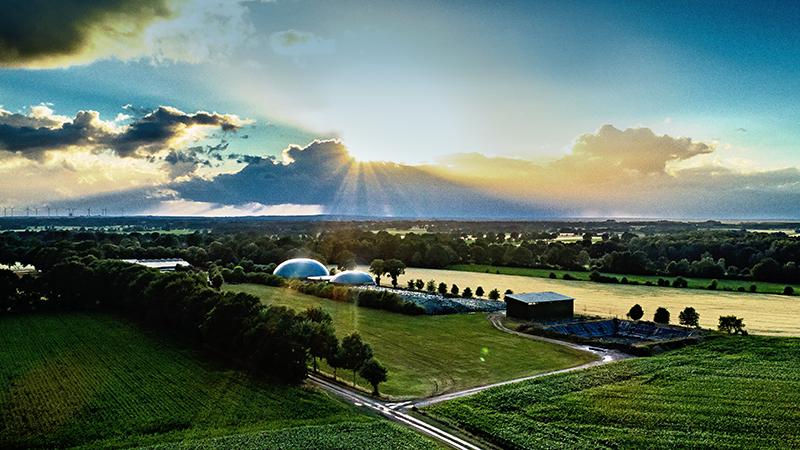

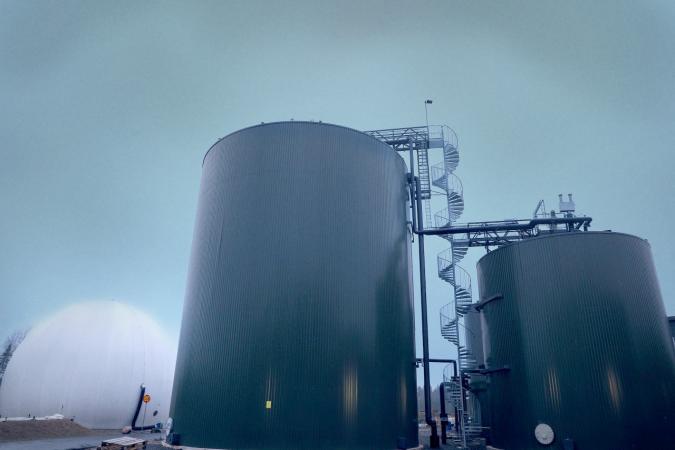

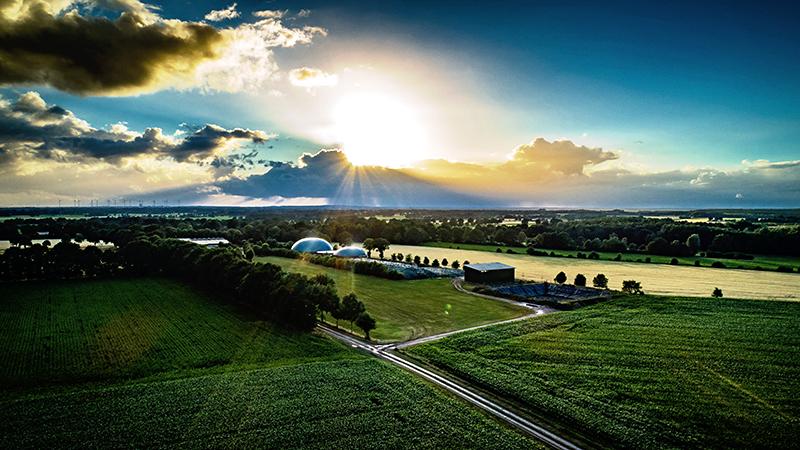
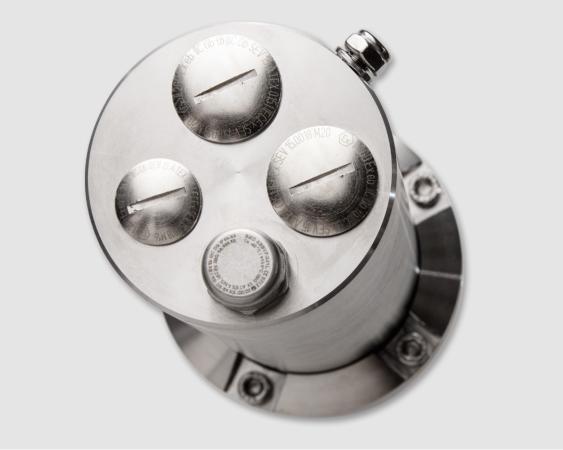

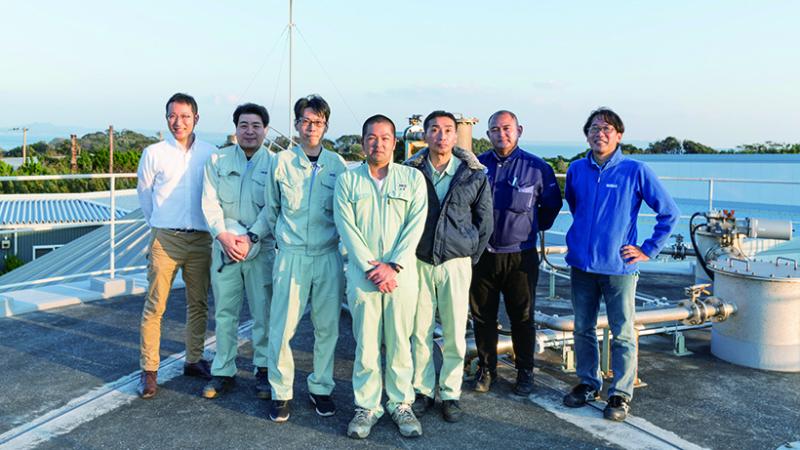
Add new comment